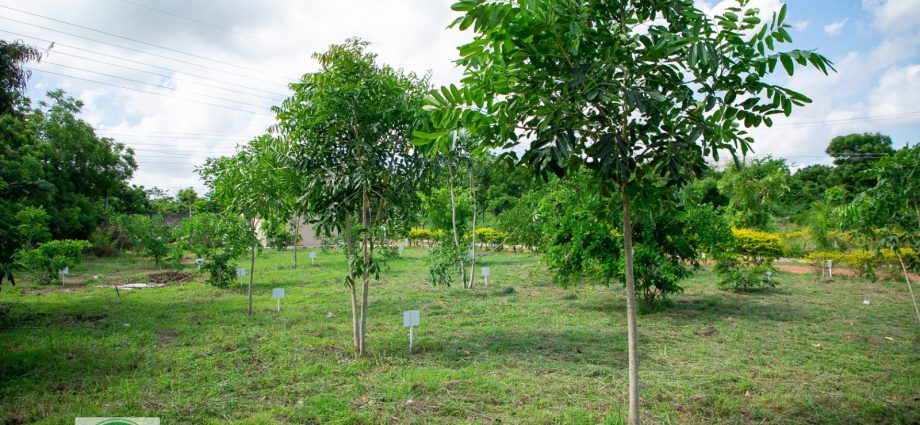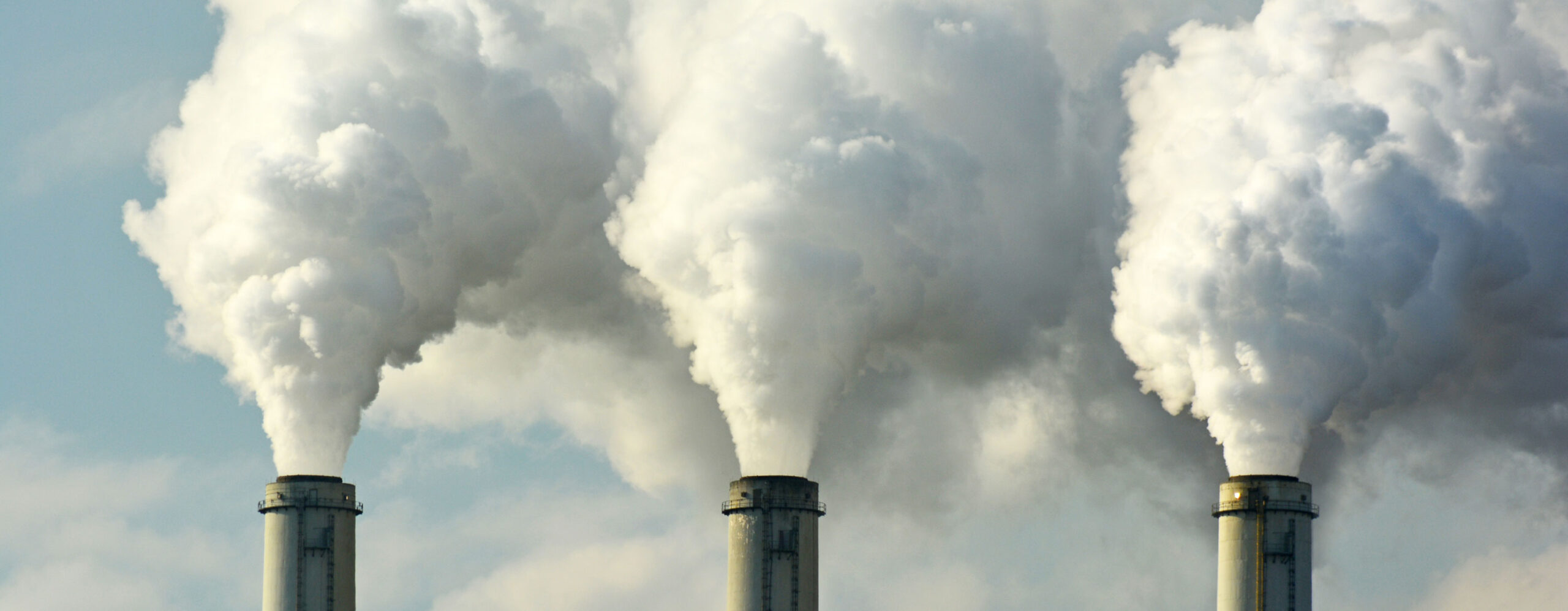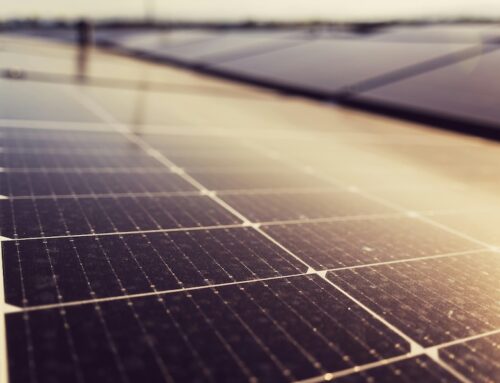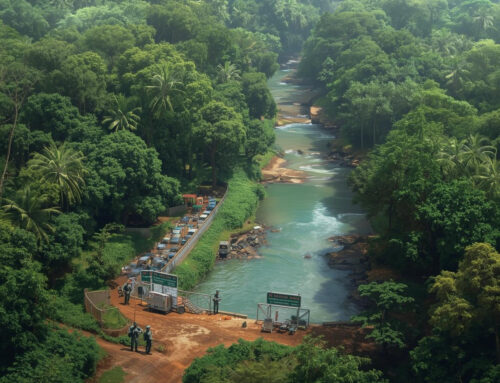Understanding the Causes of Climate Change.
Climate change is a pressing global issue driven primarily by human activities. The primary causes include:
- Greenhouse Gas Emissions: The burning of fossil fuels (coal, oil, and natural gas) for energy and transportation releases significant amounts of carbon dioxide (CO2) and other greenhouse gases (GHGs) into the atmosphere. These gases trap heat, leading to global warming.
- Deforestation: Trees absorb CO2, and large-scale deforestation for agriculture, logging, and urban expansion reduces the planet’s capacity to manage CO2 levels naturally.
- Industrial Activities: Factories and industries emit GHGs through the production and manufacturing processes. Many industrial practices also result in the release of other pollutants that contribute to climate change.
- Agricultural Practices: Livestock farming produces methane, a potent greenhouse gas, and the use of synthetic fertilizers releases nitrous oxide, another GHG.
- Waste Management: Landfills produce methane, and improper waste disposal can lead to increased emissions and pollution.
Strategies to Avoid Environmental Degradation:
Addressing environmental degradation, including plastic pollution, requires a multifaceted approach:
- Reducing Plastic Pollution:
– Promote Reusable Products: Encourage the use of reusable bags, containers, and bottles to minimize single-use plastics.
– Recycling Programs: Improve and expand recycling infrastructure to ensure plastics are recycled efficiently.
– Plastic Alternatives: Invest in the development and use of biodegradable and compostable materials.
- Reducing Carbon Footprint:
– Energy Efficiency: Implement energy-efficient technologies in homes, businesses, and industries to reduce energy consumption.
– Renewable Energy: Shift to renewable energy sources like solar, wind, and hydroelectric power to decrease reliance on fossil fuels.
– Sustainable Transportation: Promote public transportation, cycling, walking, and electric vehicles to reduce emissions from transportation.
- Supporting Sustainable Practices:
– Sustainable Agriculture: Adopt sustainable farming practices that reduce emissions and improve soil health.
– Forest Conservation: Protect and restore forests to enhance carbon sequestration and biodiversity.
– Green Building: Design and construct buildings using sustainable materials and practices to minimize environmental impact.
Innovative Ideas and Their Impact
- Circular Economy: Transitioning to a circular economy where products are designed for reuse, repair, and recycling can significantly reduce waste and resource consumption.
- Smart Grids: Implementing smart grid technology improves energy distribution efficiency and integrates renewable energy sources more effectively.
- Carbon Capture and Storage (CCS):Developing CCS technology to capture CO2 emissions from industrial sources and store them underground can help mitigate climate change.
- Urban Green Spaces: Creating more green spaces in urban areas can improve air quality, reduce urban heat islands, and enhance the overall quality of life.
Soko Bags Limited Leading the Way in Eco-Friendly Innovation.
Soko Bags Limited, An award-winning, tech-driven manufacturing venture at the forefront of sustainable solutions. Specializing in ethically sourced, eco-friendly reusable bags crafted from cotton and jute fibers, we are dedicated to combating the plastic waste crisis while empowering women through sustainable job opportunities.
Environmental, Social and Economic Impact.
- Ethical Sourcing: Soko Bags ensures that all materials used in their products are ethically sourced, supporting sustainable farming practices and fair labor conditions. Soko Bags offers a solution to the plastic waste crisis by manufacturing ethically and sustainably sourced eco-friendly reusable bags made from cotton and jute fabric.
- Eco-Friendly Products: Their reusable bags are designed to replace single-use plastics and reduce plastic pollution. Soko Bags has significantly reduced plastic waste by preventing over 660 million single-use plastic bags from entering the environment.
- Carbon Footprint Reduction: By promoting the use of reusable bags, Soko Bags helps decrease the carbon footprint of consumers and businesses alike and also demonstrates a commitment to sustainability by creating over 80,000 labels from production waste, reducing overall resource consumption.
- Community Engagement: Soko Bags has fostered 5 successful strategic partnerships to amplify their impact, actively engaging with communities to raise awareness about environmental issues and the importance of sustainable living.
- Women Empowerment: Soko Bags prioritizes women’s empowerment by employing 85% women in their workforce to championship environmental sustainability.
The Future of Soko Bags.
Soko Bags Limited aims to expand its product line and to provide more sustainable solutions. Introducing Soko reuse tracker MVP, An Innovative QR code labeling system to further encourage individuals and organizations to actively participate in reducing plastic consumption and tracking their positive environmental impact, Their commitment to environmental stewardship and sustainable practices positions them as a leader in the fight against climate change and environmental degradation.
The Green Edition in Ghana: Impact of Tree Planting Initiatives.
Since the initiation of the Green Edition in Ghana, the impact of tree planting initiatives has been substantial. This nationwide effort aims to restore degraded lands, improve biodiversity, and combat climate change through afforestation and reforestation. Here’s a breakdown of the number of trees planted in each region every year, along with the total number of trees planted in Ghana:
Addressing the press on Tuesday, June 4, ahead of the 2024 edition of the project slated for Friday, June 7, 2024, the Lands Minister provided a detailed breakdown of the success of the project, disclosing that the 2022 edition witnessed the highest number of planted trees—24 million.
He further added that of the 10.7 million trees planted during the 2023 edition, a staggering 81% are surviving, which is the highest survival rate among all the editions. He assured that the Ministry and relevant agencies would continue to nurture the trees to ensure their full development.
Annual Tree Planting by Region (2021-2023)
| Region | 2021 | 2022 | 2023 | Total |
| Greater Accra | 150,000 | 170,000 | 200,000 | 520,000 |
| Ashanti | 120,000 | 140,000 | 180,000 | 440,000 |
| Western | 100,000 | 120,000 | 150,000 | 370,000 |
| Eastern | 90,000 | 110,000 | 130,000 | 330,000 |
| Central | 80,000 | 100,000 | 120,000 | 300,000 |
| Northern | 70,000 | 90,000 | 110,000 | 270,000 |
| Upper East | 60,000 | 80,000 | 100,000 | 240,000 |
| Upper West | 50,000 | 70,000 | 90,000 | 210,000 |
| Volta | 40,000 | 60,000 | 80,000 | 180,000 |
| Brong-Ahafo | 30,000 | 50,000 | 70,000 | 150,000 |
| Western North | 25,000 | 40,000 | 60,000 | 125,000 |
| Bono East | 20,000 | 35,000 | 55,000 | 110,000 |
| Oti | 15,000 | 30,000 | 50,000 | 95,000 |
| Ahafo | 10,000 | 20,000 | 40,000 | 70,000 |
| North East | 5,000 | 15,000 | 30,000 | 50,000 |
Total Number of Trees Planted Nationwide.
From 2021 to 2023, Ghana has planted a total of 3,500,000 trees across all regions. This massive effort reflects the country’s commitment to environmental restoration and sustainable development.
In conclusion, addressing climate change and environmental degradation requires collective action and innovative solutions. Companies like Soko Bags Limited play a crucial role in this effort by providing eco-friendly products that help reduce our carbon footprint. Together, we can create a more sustainable future for generations to come.






Leave A Comment